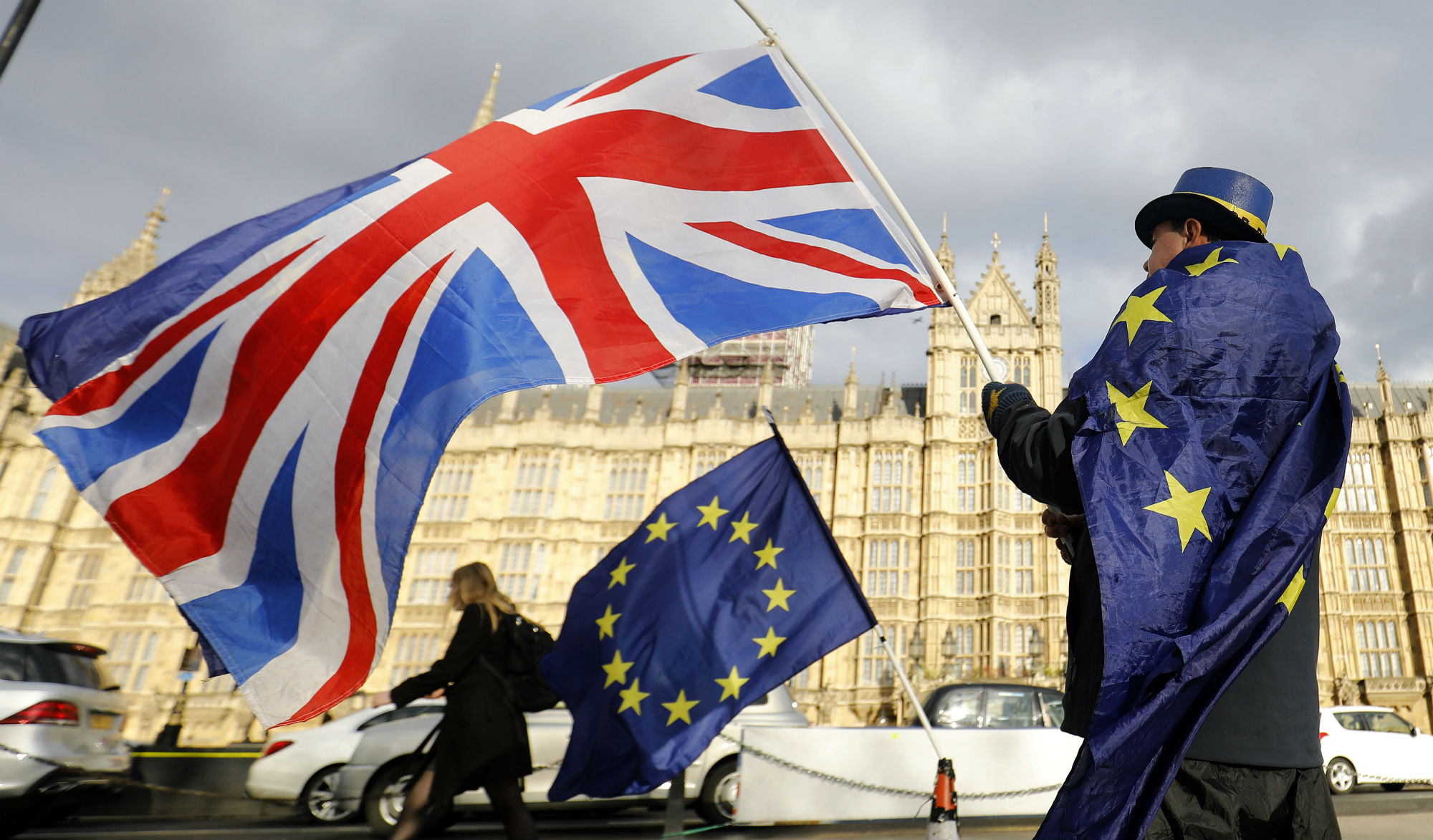Britain’s Foreign Policy: Finding a New Balance
Brexit will reshape the UK’s position in the world, as the country exits the EU’s common institutions, establishes an independent trade policy, and recalibrates its international relationships.
This is an opportunity to reexamine the assumptions that have guided British foreign policy for the last few decades. Too often, the vision of the UK’s post-Brexit foreign policy has been reduced to glib enthusiasm about trade deals with Anglosphere countries. What Britain needs is a more clear-eyed assessment of how to protect and promote its interests from outside the EU, in a way that is realistic about its size and influence and that reflects the type of country it is today. Britain remains a significant, if thinly stretched, military power, and it will hopefully continue to be a champion of international development, human rights, and liberal values. Through its planned Strategic Defence and Security Review, the government will have to navigate various interests, values, ambitions, and resources, which will include some difficult trade-offs.
The first building block of a post-Brexit UK foreign policy should be a new working relationship with the EU, which will continue to be the country’s largest trading partner. A pragmatic foreign policy partnership is a central part of this: Close cooperation in fields such as law enforcement and on issues including sanctions and climate change will be mutually beneficial. But building a comprehensive new relationship will take time.
The UK will regain power over its trade policy. While this creates the potential for a nimbler approach, the country will struggle to compensate for the shortfall in UK-EU trade and the departure comes at a time when trade policy is increasingly linked to other issues. Taking back control of trade policy also means repatriating more of the politics and complications that trade deals provoke. Focusing on new agreements with midsize partners, rather than a contentious deal with a politically volatile Trump-led United States, makes sense.
More broadly, the UK could seek to recalibrate its diplomatic relationships. It could try to expand the E3 format with France and Germany, or develop more initiatives with like-minded middle powers such as Canada and Japan. Avoiding being caught between the United States and Europe will be a recurring challenge, particularly if President Donald J. Trump wins a second term. The UK is not as well-placed today to play the bridging role it has sought in the past, but it should still try to be an engine for transatlantic cooperation: Its security ties with the United States will remain deep, economic gravity will keep it in the EU’s orbit; and, for the moment at least, it is politically in tune with France and Germany on issues including climate change, global trade, and the Middle East. A tough balancing act lies ahead.











